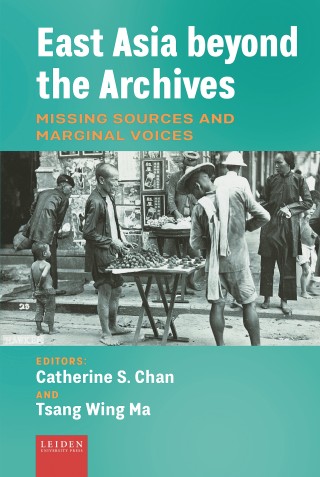For a long time, silk, tea, sinocentrism, and eurocentrism made up a big patch of East Asian history. Simultaneously deviating from and complicating these tags, this edited volume reconstructs narratives from the periphery and considers marginal voices located beyond official archives as the centre of East Asian history. The lives of the Japanese Buddhist monks, Eastern Han local governors, Confucian scholars, Chinese coolies, Shanghainese tailors, Macau joss-stick makers, Hong Kong locals, and Cantonese working-class musicians featured in this collection provide us with a glimpse of how East Asia’s inhabitants braved, with versatility, the ripples of political centralization, cross-border movement, foreign imperialism, nationalism, and globalism that sprouted locally and universally. Demonstrating the rich texture of sources discovered through non-official pathways, the ten essays in this volume ultimately reveal the timeless interconnectedness of East Asia and the complex, non-uniform worldviews of its inhabitants.

